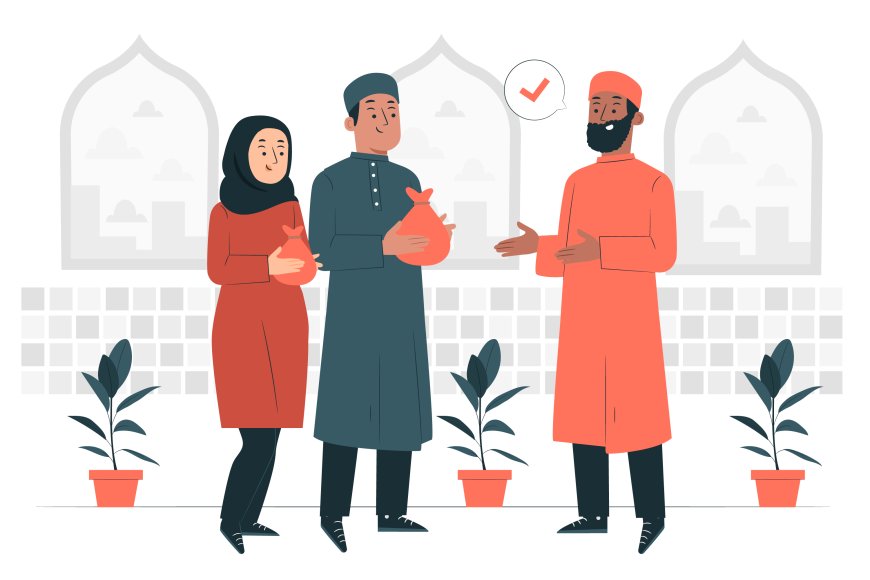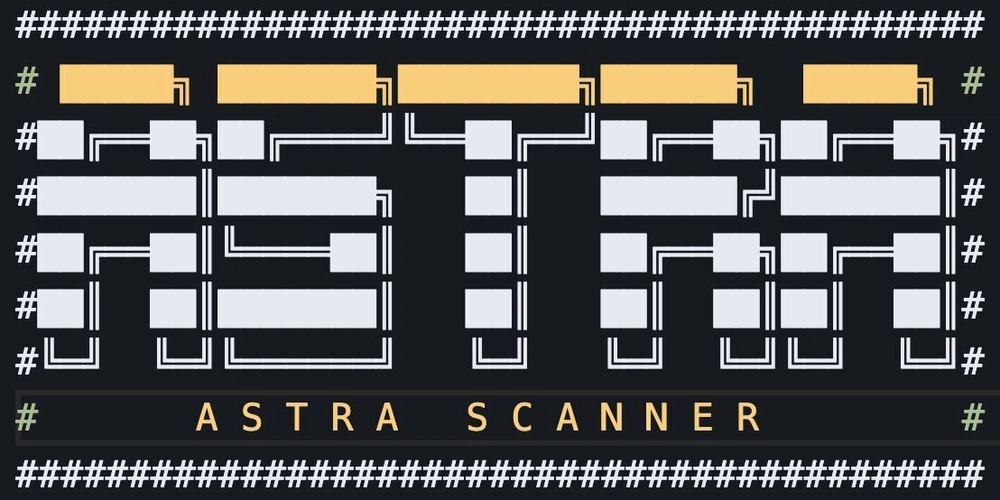Muslim Organizations in India and the Role of Zakat and Sadaqah
In this blog, we will explore the impact of Muslim organizations like Jamiat Ulama-i-Hind and their efforts to promote social justice and legal aid through Zakat and Sadaqah initiatives, as outlined in their social justice and legal aid programs.

Introduction
Muslim organizations in India have played a crucial role in promoting social welfare, education, and religious harmony within the country’s diverse cultural fabric. These organizations work tirelessly to uplift communities, provide legal aid, and address socio-economic challenges. One significant aspect of their social contribution comes through the proper management and distribution of Zakat and Sadaqah, essential pillars of Islamic charity. In this blog, we will explore the impact of Muslim organizations like Jamiat Ulama-i-Hind and their efforts to promote social justice and legal aid through Zakat and Sadaqah initiatives, as outlined in their social justice and legal aid programs.
The Importance of Muslim Organizations in India
Muslim organizations serve as vital community pillars by:
-
Promoting Religious and Social Education: Offering Islamic education alongside secular knowledge.
-
Providing Social Welfare: Running charitable activities like food distribution, healthcare, and housing assistance.
-
Legal Aid and Advocacy: Supporting community members with legal guidance and rights awareness.
-
Fostering Interfaith Harmony: Encouraging dialogue and cooperation among diverse communities.
Jamiat Ulama-i-Hind is one of the oldest and most respected Muslim organizations in India, known for its multifaceted work in religious, social, and legal fields.
Understanding Zakat and Sadaqah: Pillars of Islamic Charity
Zakat and Sadaqah are fundamental components of Islamic philanthropy, aimed at redistributing wealth and supporting the needy.
-
Zakat: An obligatory form of charity, calculated as a fixed percentage of one’s wealth, given annually to eligible beneficiaries. It serves to purify wealth and reduce economic inequality.
-
Sadaqah: A voluntary charity given at any time, in any amount, reflecting personal goodwill and compassion.
Both forms of giving help strengthen community bonds and ensure support for vulnerable groups.
Jamiat’s Initiatives in Social Justice and Legal Aid
Through its dedicated social justice and legal aid programs, Jamiat Ulama-i-Hind ensures that Zakat and Sadaqah are effectively channeled towards meaningful causes. Their approach includes:
-
Transparent Distribution: Ensuring that funds reach deserving individuals and communities without leakage.
-
Legal Support: Providing free legal assistance to marginalized Muslims facing social or legal challenges.
-
Awareness Campaigns: Educating communities about their rights and the importance of charitable giving.
-
Empowering Women and Minorities: Special focus on vulnerable groups through targeted welfare programs.
Impact on Communities and Social Welfare
The responsible management of Zakat and Sadaqah by Muslim organizations like Jamiat creates lasting change by:
-
Reducing Poverty: Direct financial aid helps families meet basic needs such as food, shelter, and healthcare.
-
Encouraging Education: Scholarships and support for students ensure future generations have better opportunities.
-
Supporting Legal Rights: Free legal aid empowers individuals to fight injustices and discrimination.
-
Strengthening Social Cohesion: Charity builds trust and solidarity within and beyond the Muslim community.
How to Participate and Support
Individuals interested in contributing to these causes can:
-
Donate Zakat and Sadaqah: Through trusted organizations like Jamiat that ensure proper utilization.
-
Volunteer: Offer time and skills to help with legal aid, education, or welfare programs.
-
Spread Awareness: Educate family and friends about the importance of charitable giving and social justice.
-
Stay Informed: Follow the work of organizations like Jamiat Ulama-i-Hind and support their initiatives.
Conclusion
Muslim organizations in India, exemplified by Jamiat Ulama-i-Hind, serve as beacons of hope and social justice through their dedicated efforts in education, legal aid, and welfare. The proper distribution of Zakat and Sadaqah further amplifies their impact, helping create a more equitable and compassionate society. Supporting these initiatives not only fulfills religious obligations but also contributes to the betterment of all communities. To learn more or contribute, visit their social justice and legal aid page.
Frequently Asked Questions (FAQs)
1. What is the difference between Zakat and Sadaqah?
Zakat is a mandatory, calculated charity required annually, while Sadaqah is voluntary and can be given anytime in any amount.
2. How do Muslim organizations use Zakat and Sadaqah funds?
They distribute funds transparently to help the needy with food, education, healthcare, legal aid, and social welfare programs.
3. Can anyone receive legal aid from organizations like Jamiat?
Yes, Jamiat offers free legal assistance to marginalized Muslims and community members facing social or legal challenges.
4. How can I donate my Zakat securely?
Donate through reputable organizations such as Jamiat Ulama-i-Hind that ensure transparency and proper fund utilization.
5. What other social welfare activities do Muslim organizations in India conduct?
They provide healthcare camps, educational scholarships, disaster relief, and promote interfaith harmony.
6. How can I volunteer with Muslim organizations?
Contact organizations directly via their websites to explore opportunities in education, legal aid, outreach, and fundraising.

















































































